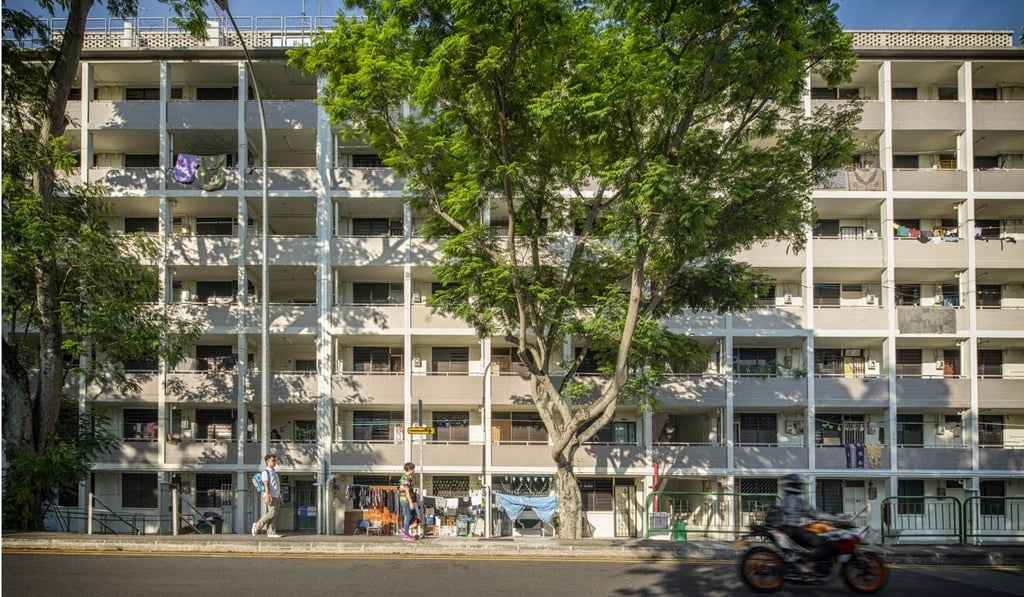Are Singapore’s 99-year leases and falling prices for older flats about to become an election issue?
- Public housing owners in Singapore fear heavy losses as their leases run out
- But with an election looming, the government will surely step in. Won’t it?

Yang, who is in his 40s and works in the creative industry, said he intended to live in the flat for at least a decade as he and his wife raise their young children. But the flat would then be approaching the midpoint of its lease and the couple fears making a loss if they sell it on the open market then. Past trends show a price increase for the first 20 years, after which resale prices may rise or taper slightly downwards. Prices then drop further as the flats age beyond 40 years.
“After all the renovations, my home should be worth more than S$1 million,” said Yang’s wife. The family is spending more than S$100,000 on the renovations, and if they have to sell at a loss, Yang’s wife would “rather just live in it till I’m old and dead”.
The issue of decaying leases for Housing & Development Board flats, which 81 per cent of Singaporeans and permanent residents live in, has become a talking point as the housing stock ages. The government has long said that public housing flats – sold brand new to buyers who can then sell them in the open market after living in the flats for five years – are assets that will grow in value and can be monetised for retirement.
The idea is for older homeowners to downgrade to smaller flats to unlock funds, or move in with their adult children in large, so-called three-generational flats.
As an election approaches – it has to be called by April 2021 – analysts say the government’s role in helping owners of ageing flats will be a hot-button issue, just as housing affordability in general has been in previous campaigns.

